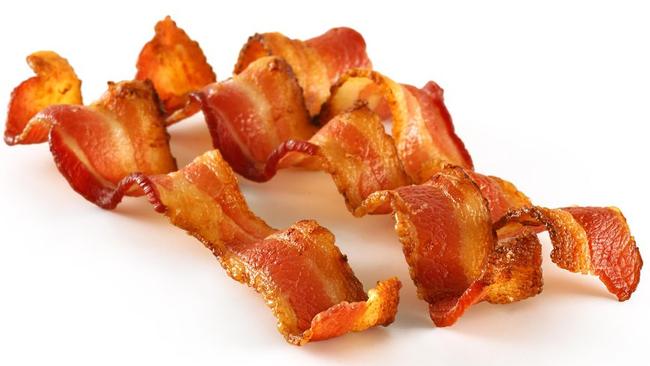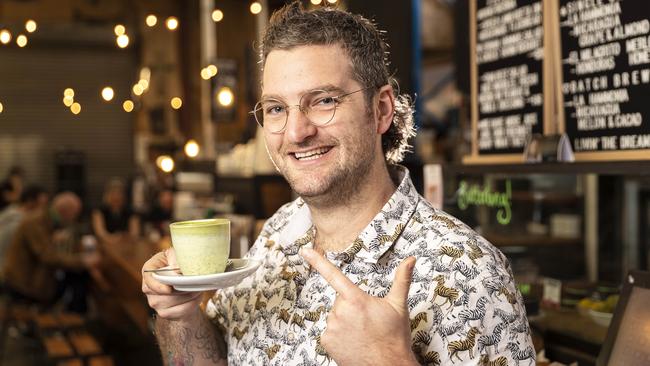Why food studies are best ignored
IT’S too hard to keep up with which foods are good or bad for us on any given month, writes Kerry Parnell. That’s why it’s best to cherry pick the advice you like, and ignore the rest.

Rendezview
Don't miss out on the headlines from Rendezview. Followed categories will be added to My News.
THERE’S good news for caffeine-addicted boozers — coffee and wine make you live longer.
This week scientists proved everything bad is good for you again, which is great, if you’d taken notice of the guidelines in the first place, that is.
It’s particularly pleasing to think of all the Fitspo folk on Instagram choking on their matcha tea at the news they will probably kick the bucket before us jelly-bellied latte-lovers.
A new study from Queen’s University Belfast concluded light drinkers are less likely to die early than teetotallers, despite the links of alcohol consumption to cancer.
They found people who abstained entirely were seven per cent more likely to die early or get cancer than those who had around three drinks a week.
Which is somewhat annoying for the abstemious, but before you pop a cork in celebration, the same researchers found the risk of dying or developing cancer was the lowest in those who drank less than one drink a day but increased with every extra drink — people who took two or three drinks a day had a 10 per cent chance of dying early and heavier drinkers a 21 per cent chance.

Meanwhile, the National Cancer Institute concluded people who drink coffee are 10 to 15 per cent less likely to die early than those who don’t.
Too much caffeine, however, can increase your heart rate, lift blood pressure, cause irregular heartbeat, tremors, nervousness, insomnia and panic attacks. Kind of like how you feel before your morning coffee.
So, it’s good news for breweries and baristas, but will it change the health habits of the nation? Forget it — we always do.
Even though we now know an espresso martini is as good as going to the gym but two will kill you quicker, we’ll blank out the last part because by then we’ll be drunk.
Not a week goes past without a new health report concluding everything that was once fattening is fine and the things we thought healthy are killing us. For example, eggs, once believed to be full of bad cholesterol are now full of good cholesterol; butter, once a bad-ass animal fat is now better than margarine and deli meats, once recommended as low in calories and high in protein have now been proven to increase your cancer risk.
It’s hard to keep up. Which is probably why we don’t. We read the headlines, feel concerned for a few days, then forget about it and carry on eating and drinking as before. Until we drop dead, shouting, “You were right,” into the abyss, that is.
I’m just waiting for someone to prove cake is good for you so I can literally have my cake and eat it. Surely my daily little slice of heaven won’t send me there quicker… will it?
“Yes, I do think you can have cake — so long as it’s in moderation,” says Rick Hay, Australian nutritionist and author of The Anti-Ageing Food and Fitness Plan. “I really think we need to relax about food. A little bit of alcohol can help to reduce stress levels and in the right amounts caffeine can help boost circulation and fat burning and provide energy for exercise.”
Yes, he said yes! What was that part about moderation and exercise? I forget…

